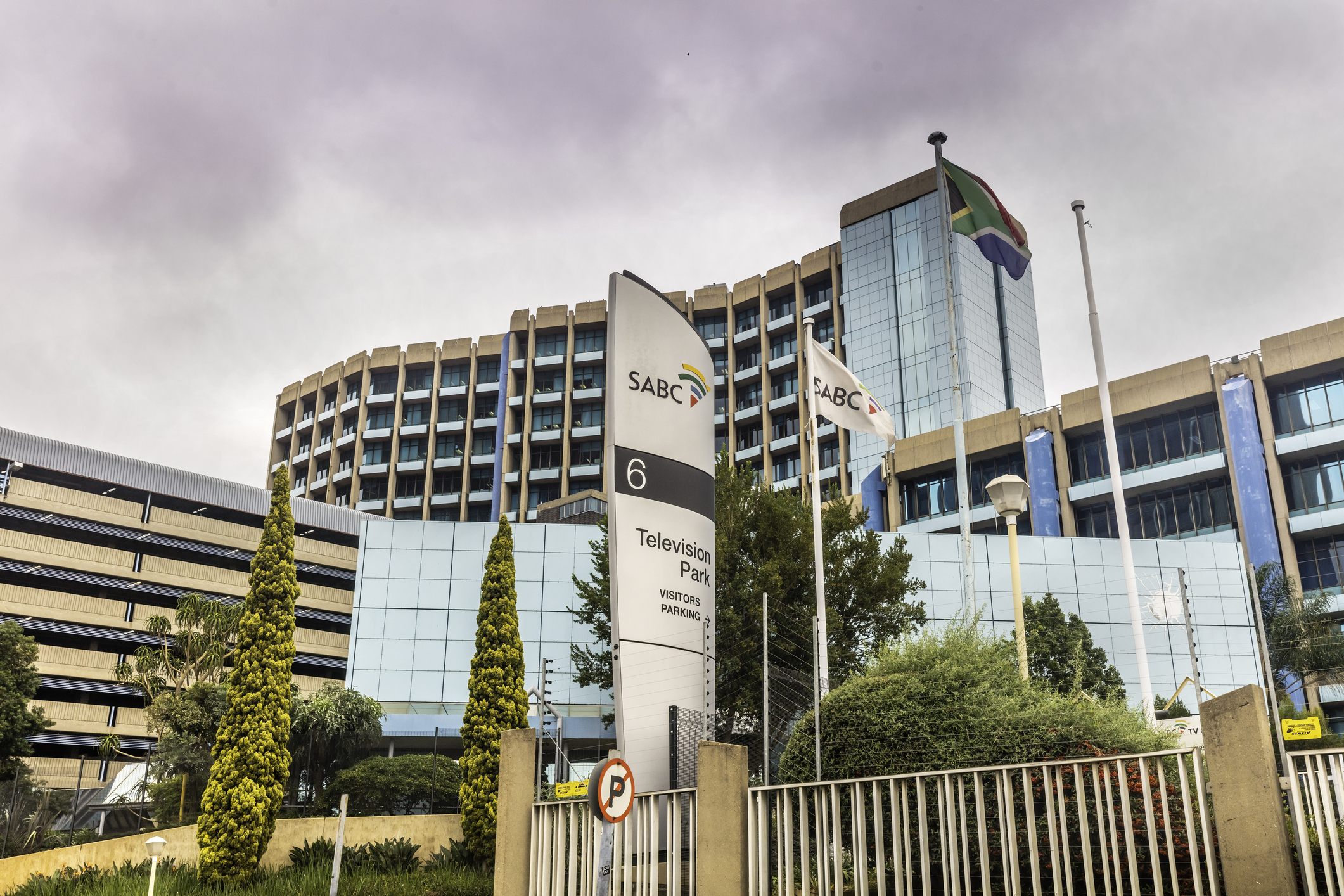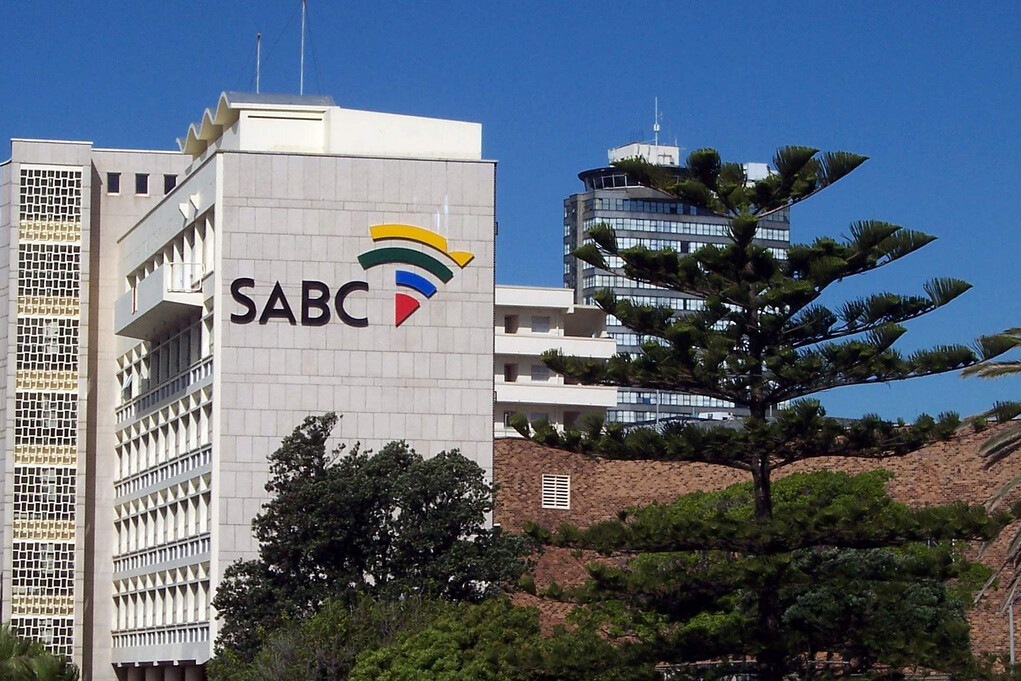The presence of military personnel at South African Broadcasting Corporation (SABC) premises cause concern for editorial independence among staff and press freedom groups.
On 7 August, SABC confirmed the deployment of South African National Defense Force (SANDF) members at its headquarters in Johannesburg and offices in Durban. The public broadcaster explained that the decision was made to ‘ensure [the] physical safety of the public service broadcaster’s premises and staff… in light of the recent unrest’.
Violent protests and looting took place across parts of the country in July, sparked by the arrest of former President, Jacob Zuma. Some SABC news teams and other media workers were targets of abuse on multiple occasions. Most recently, a news crew was verbally abused while covering a land dispute in northern South Africa. During this time, the military was deployed to several national key points, which includes the SABC.
Read more: PMA condemns attacks on SABC journalists
The public broadcaster’s management maintain that there is no ‘ulterior motive for the presence of the members of SANDF in its premises’. Rather, SANDF members have been familiarising themselves ‘with some internal security processes and National Key Point activities, including News.’
The organisation emphasised that ‘At no points has and will the SANDF impact or get involved with operational matters of the SABC’ and added, ‘While the SABC has no evidence that any SANDF personnel were in the newsroom, the public broadcaster would like to make it clear that any presence by SANDF in the newsroom would be unacceptable and not in line with the SABC’s public mandate and editorial policies.’
But various SABC reporters have expressed their concerns about the presence of armed forces in the public broadcaster’s headquarters in Johannesburg. According to a report by IOL, some SABC reporters said that they were becoming increasingly ‘uncomfortable’ with soldiers being stationed at the SABC and that it ‘threatened media freedom’. One reporter asked anonymously: ‘Why deploy soldiers to a place where we need to create an environment where different views are openly expressed and tolerated?’
Press freedom groups and unions have also challenged the move. Thami Nkosi, coordinator of the Right2Know campaign, stated that it is an unprecedented move to deploy forces at the public broadcaster. SABC quoted Hannes Du Buisson, President of the Broadcasting, Electronic, Media & Allied Workers Union (BEMAWU), who said that the forces’ presence creates an ‘atmosphere of fear’ and an impression that journalists are not free or independent. Meanwhile, Aubrey Tshabalala from the Communication Workers Union (CWU) said that the decision ‘must be reversed completely.’ An SANDF spokesperson explained that the deployment would continue until it received instructions from the Commander in Chief that they could start withdrawing from key points.
Clause 24
These concerns come at a time when a ‘surveillance’ clause in SABC employee contracts has also been contested. Clause 24 gave the public broadcaster the right to intercept, monitor and read employees’ communications, including emails and telephone conversations. The broadcaster initially explained that this was in line with the organisation’s policies and was ‘applicable to all employees’ – not just journalists – and that it was not intended to target or infringe on their independence or privacy. Several groups, including BEMAWU, CWU and the South African National Editors’ Forum (SANEF) condemned the clause. SANEF called it ‘extremely concerning’ for media freedom and a disregard for employees’ rights.
The public broadcaster has since removed the clause ‘with immediate effect’. In a media statement published on 5 August, SABC said that it appreciated how the clause ‘may be misunderstood’ and confirmed that the change ‘will be effective for all new contracts and will be retrospectively implemented as well.’ SANEF is reportedly calling for an urgent investigation into any intercepted communications.
To maintain trust, it is imperative that public media journalists and media workers are able to report without external or undue internal interference, and protect the anonymity of their sources. PMA welcomes SABC’s decision to remove Clause 24, which would otherwise have allowed employee communications to be monitored. But while we also support measures to protect the physical safety of SABC staff and premises, a clear line must be maintained between the presence of military personnel for safety reasons and the public broadcaster’s editorial independence.
PMA will monitor the situation and report on further developments.
Header Image: South African Broadcast Corporation (SABC) Television Park in Auckland Park, Johannesburg. Credit: THEGIFT777/iStock
Related Posts
14th April 2021
SABC completes retrenchment process and transitions to new structure
SABC concluded its retrenchment process…
26th August 2020
Insight | SABC has cut its losses and is ahead on a turnaround plan
Work over the past nine months has laid…
11th August 2020
Focus on PSM | SABC facing significant challenges in its 84th year
As South Africa’s public broadcaster…

